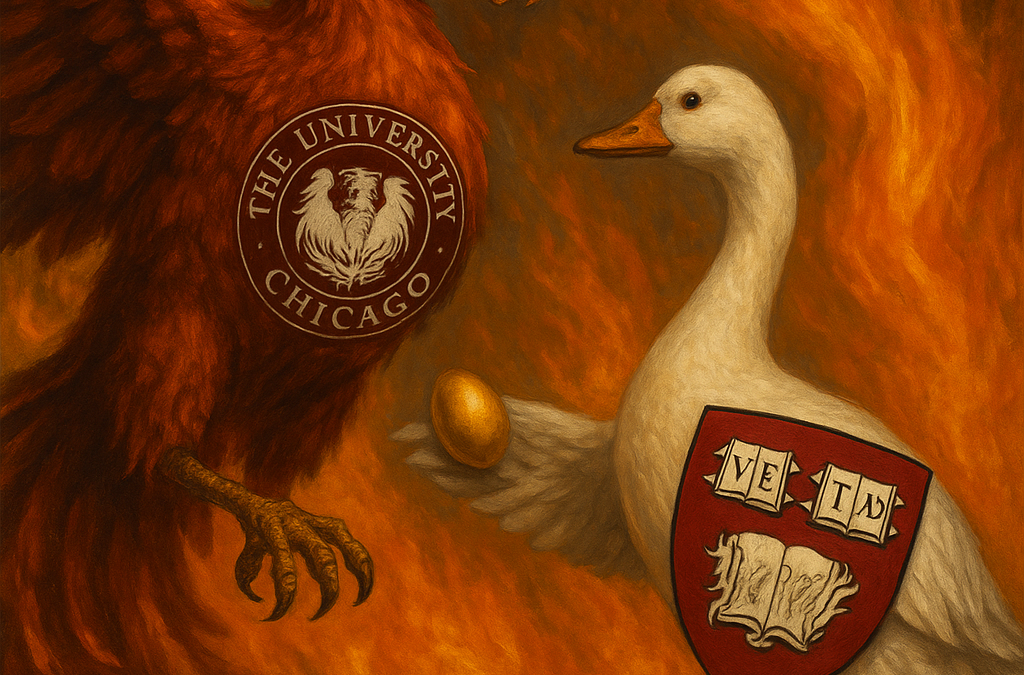Today, I want to talk about articulation. It’s a word that’s used a lot in the English language in many different contexts, all of which are dear to me.
In music, it’s used to describe the way someone plays an instrument. On the cello, it is how the bow glides, pressure is applied, and weight is distributed in accordance with the needs of the music.
In a pure linguistic and sound sense, it is how air interacts with the tongue, mouth, and vocal cords to produce sound. In the parlance of the English language, it is how one communicates one’s ideas, structures them, and brings them out from the depths of thought into the seen world, where they will influence others.
I think articulation is a deeply incredible skill. Throughout history, the greatest articulators have never been able to articulate. The greatest articulators have been the most successful political leaders, the most influential statesmen, the finest executives of their era—merely by playing on the power of phrases that their minds constructed, in turn pulling out the feelings of entire generations, summoning them to the causes of the speakers in every instance.
And it is no wonder that speech and language are rich and wonderful, yet they are only minute and poor representations of our deep inner thoughts. Used in the wrong way and in an unfocused manner, words will only inspire vagueness, boredom, and the mere hints of attention before the listener falls asleep. Summoned rightly, though, and they, in turn, will inspire from the still depths the uproarious fountain of joy, sadness, hatred, and love in every which direction.
As the heart is activated and the mind primed for more, you say that these are forces that seem outside the scope of an English class. They are not things to be concerned with or trifled with. How can mere words, after all, activate people towards the purposes of the speaker, the writer, or the thinker? But I say to you that history is on my side rather than yours.
What you are learning from this site is nothing short of a tool that has been used to unite and divide generations. The mere language that is in your mouth and at the tip of your pen can stop wars or cause them.
I learned this from Mahathir, as some of you know (and you can watch my conversation with Mahathir here), but so as the knife has the ability to kill a person or to carve beautiful things, so too can the word bring literature and life into being, as it can tear down.
To articulate well is to express, inform, and portray oneself and others on the canvas of words, painting a picture.
To captivate and capture – to grip others by the heart, and to pull along the crowd, until you reach your desired destination.
Note: This was entirely narrated out into ChatGPT and transcribed, more or less word for word. Producing it took a total of 15 minutes. Speech practice is working!


